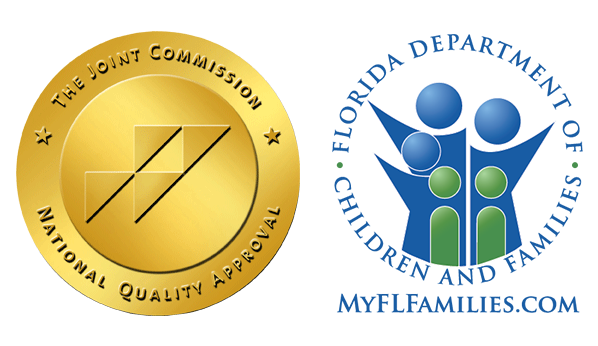What Is Recovery?
Everyone’s recovery journey is unique. There’s no one set of hurdles to overcome or one lifestyle change that replaces addiction to drugs or alcohol. And one thing is certain: recovery is about more than simply staying sober.
The Substance Abuse and Mental Health Services Commission (SAMHSA) defines recovery as “a process of change through which people improve their health and wellness, live self-directed lives, and strive to reach their full potential.”
What Do People Need to Recover?
Recovery journeys are supported by a whole range of different things, from professional support to new hobbies, and there are some essential components that experts believe are fundamental.
SAMHSA describes four main pillars that support recovery:
- Home – having a safe and reliable place to live in.
- Health – being able to maintain a healthy mind and body and to be able to make informed decisions that support well-being.
- Purpose – regularly participating in meaningful and joyful activities and playing an active role in society.
- Community – being a part of a loving community with relationships that can provide companionship and support
With this in mind, parents can play an important role in supporting their child’s unique journey.
How Can I Support My Child’s Recovery?
1. Listen With Honesty and Compassion
Sometimes people with addiction carry feelings of shame. This can be isolating – it may cut them off from loved ones and make participating in their community more difficult. One of the most important things you can do for your child is to allow them to be open and honest about what they’re dealing with.
Try and really listen to them when they talk to you about how they’re feeling. Pay attention, show them that you’re listening, and respond appropriately. Try not to interrupt them or express judgments about what they’re telling you. Judgment may make your child feel criticized and activate feelings of shame again. Listening without judgment can make your child feel heard and supported and help them overcome isolating feelings of shame that they may be feeling.
2. Do Your Research
If you haven’t struggled with addiction yourself, you may not know much about it. This can make it hard for you to understand what your child is going through. Luckily, there’s a lot of information available online that can help.
For example, addiction can rewire the brain’s reward system, and you may not be able to empathize with the lengths your child’s addiction may push them to. Reading trusted sources about how addiction can affect the brain will help you make sense of their situation. You can then share what you learn with the rest of your family, including your child.
3. Create a Substance-Free Environment
Temptation is hard to resist. Recovering from addiction in an environment full of the substance you are avoiding can be challenging. In fact, one of the best predictors of long-term recovery is whether or not a person has easy access to substances or not.
You can support your child by making your home a substance-free environment. This can be helpful even if your child does not live with you. Remove drug paraphernalia or alcohol and discourage your child from visiting places in which they know they could be tempted to use.
4. Set and Maintain Boundaries
Try to remember that you are the parent. A common mistake that parents of children overcoming addiction make is to try and be their doctor, therapist, and friend all at the same time. The impulse behind this behavior pattern may be loving, but it can be emotionally overwhelming for both you and your child.
One way of setting healthy boundaries with your child is to encourage them to get professional addiction treatment. Try looking up treatment options and talking them through with your child. You don’t need to dote on them nonstop – remember to make time for yourself and other family members too. Making sure that you’re in a good place mentally should always come first – you’ll be better equipped to support your child this way too.
5. Encourage Healthy Habits
Good physical health is important for good mental health. That’s why SAMHSA include it in their four pillars of recovery. But it might be hard to keep up with healthy habits when you’re in recovery.
You can encourage your child to have healthy habits by exhibiting them yourself. You could try walking, swimming, playing sports and cooking healthy food. An added bonus is these are all activities you can invite your child to join in with.
Recovery can be challenging – but it is definitely possible. By listening to your child without judgment, creating a substance-free environment, maintaining healthy boundaries, and encouraging healthy habits, you can support your child’s recovery journey and help them overcome addiction and live a sober life.











